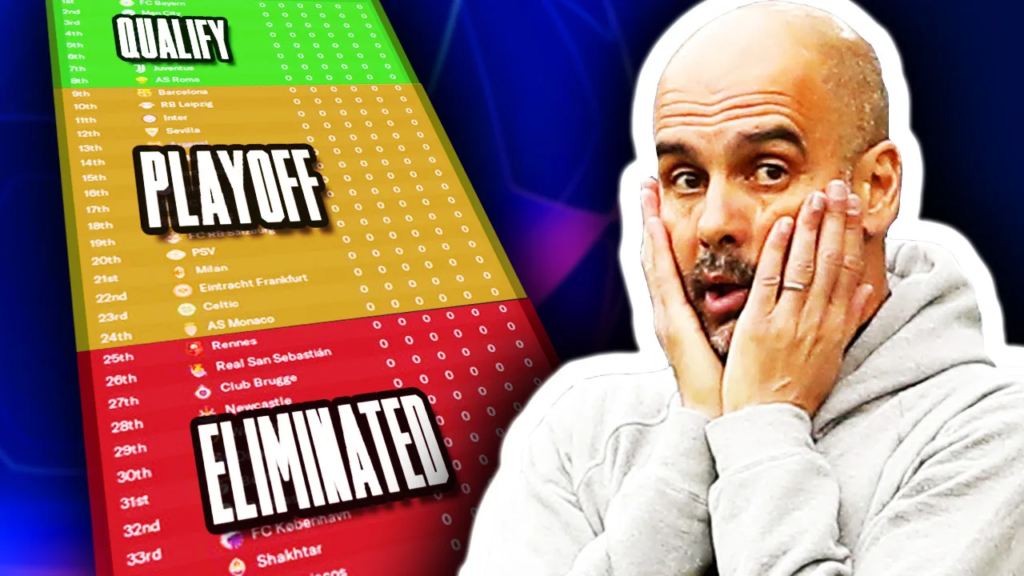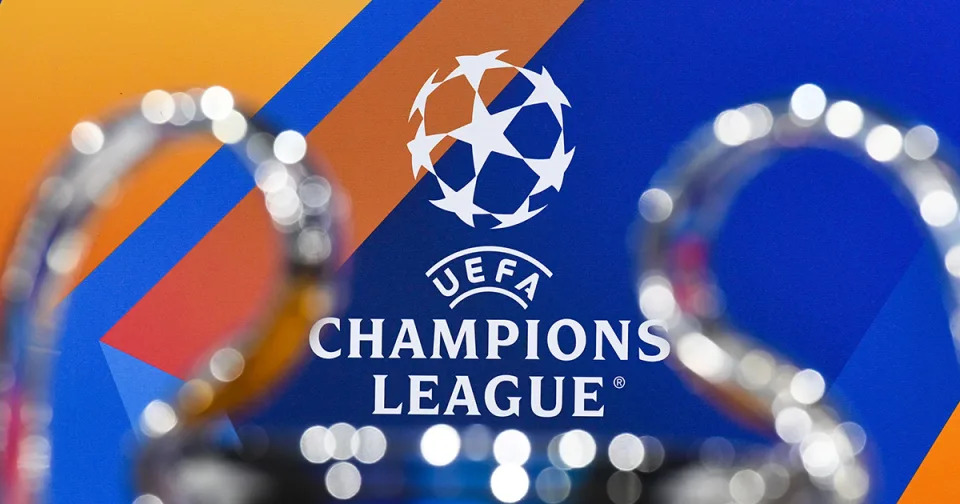
From the 2024/25 season, the UEFA Champions League will move to the “Swiss model”, a new system designed to increase the drama, increase the number of teams involved and, of course, the money it makes.
But how does having 36 teams in one enormous super league actually work, and why is it happening?
Naturally, the changes have come about, largely, due to revenue. In its current guise, the Champions League earns UEFA around €3.5 billion every year. However, more games equals more commercial opportunities, with richer clubs having a greater chance of qualifying every year.
UEFA’s earnings from the Champions League alone are expected to increase to €4.5bn.

Taking the total number of teams from 32 to 36 in the Champions League, the biggest change will see a transformation from the traditional group stage to a single league phase that includes all participating teams.
Each team will play eight matches, half at home and half away, with all eight taking place over a ten-week period. With these extra teams and extra games, the new Champions League format will therefore have 189 matches instead of 125.
The top eight sides in the league will qualify automatically for the knockout stage, while teams finishing 9th to 24th will compete in a two-legged play-off to secure their path to the last 16 of the competition. The bottom eight sides are eliminated.
Clubs from the same country also have the possibility of facing each other in the last 16 or even play-off spots, rather than the current quarter-final stipulation.
The way the round of 16 will be drawn changes, too. It will be fully seeded. Once the 16 teams have been decided by qualifying, each team’s path to the final will become clear. In theory, this keeps the best teams apart until the final, with first and second-placed sides on opposite sides of the draw.

The revamped competition also means it’s likely a fifth Premier League club will compete in the Champions League, due to four extra places being added to the competition across Europe.
UEFA has announced that two of the four slots will go to nations whose clubs achieve the best collective performance in Europe in the season before. For example, if these new rules had applied for this campaign, the two extra places would have gone to clubs from England and the Netherlands.
Indeed, in four of the past five campaigns, a team in the Premier League would have received one of the additional slots.
One of the other slots will go to the club ranked third in the championship of the fifth-placed nation in the UEFA national association ranking (this would be France based on current standings). Why the fifth nation and not third or fourth?
This is because third and fourth nations already have their top four going into the group stages. UEFA want the top two nations sending five clubs and three nations sending four clubs, rather than the top three nations sending five and fourth sending four, with fifth just three. Are you keeping up?
The final extra UCL group spot will go to a domestic champion by extending from four to five the number of clubs qualifying via the so-called “Champions Path”.






